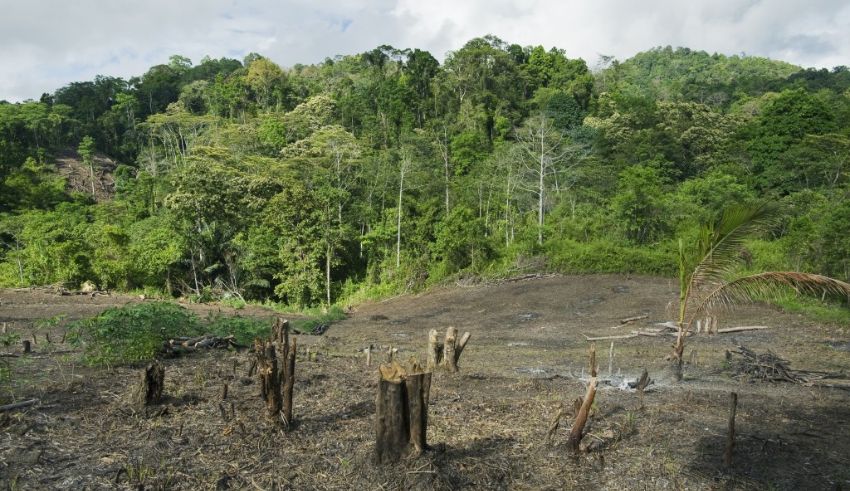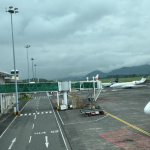
The charm and edge of Indonesia’s landscape comes in the form of their forests; their biodiversity’s crowning glory as well as a crucial carbon sink is now in the brink of danger. In the onset of 2023, the country had seen a drastic 27% surge in the primary forest loss compared to the previous years.
What should they anticipate?
When did this start?
Due to the advancement of the country, Indonesia has lost more than 74 million hectares of their treasured rainforests—the hectares being twice the size of the nation of Germany—to activities such as logging, burning, or environmental savaging for various resources like paper, palm oil, nickel mining, and several
plantations.
Is there a place for environmental sustainability in the modern world? The primary reason for deforestation has been linked several times to various factors—all concerned with industrial activities—that is concerned with growth; as the world demands more from them, the green energy transition proves to be an impossible feat.
Is this the Government’s Fault?
One could ask: what is the government doing about this? The Indonesian Ministry of Environment and Forestry has actually attributed several of the recent actions of deforestation to concessions granted way back in the year of 2024.
However, the ministry’s continuous silence about the recent situations, as well regarding the silence in response to the questions about the current situations, continue to suggest a deeper need for transparency and immediate action.
Keep Reading
Indonesia in the Long Term
The problem with green energy and energy sustainability has been a problem, not just for Indonesia, but for various countries all over the world.
However, as the home to the world’s third-largest rainforest, Indonesia has really played a key role in regulating the earth’s climate, and with it degrading, the world is now experiencing a flurry of negative consequences. The heavy destruction of Indonesia’s rainforests releases significant amounts of stored carbon, ultimately being the catalyst of climate change.
What should they do?
From an economic standpoint, combating this surge is more of a difficult dilemma to tackle; it is more than crucial for the country to enforce immediate and stringent regulations and for the international community to support sustainable practices.
Ultimately, the future of Indonesia’s rainforests, and with that the health of our planet’s climate, depend on the actions we take today.



























